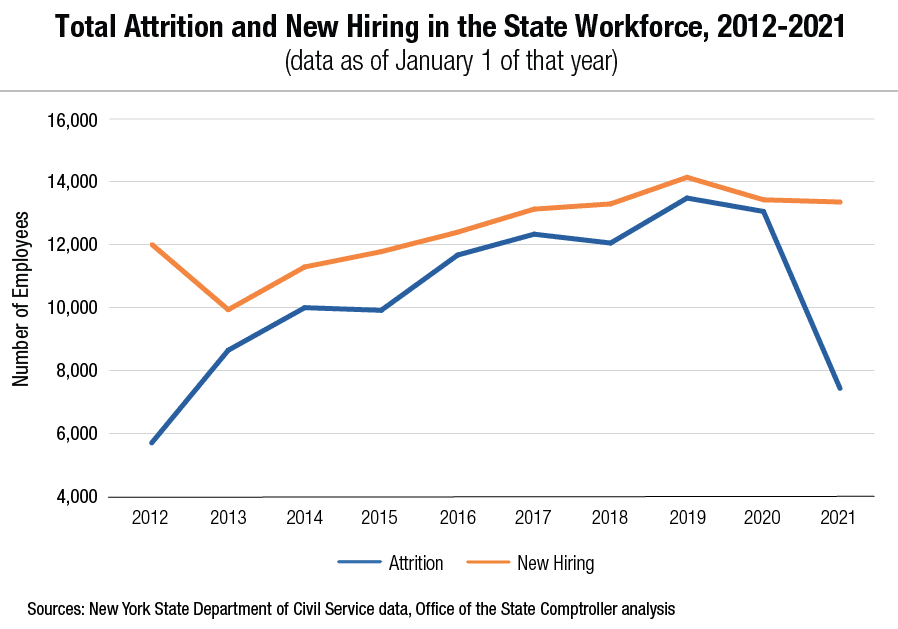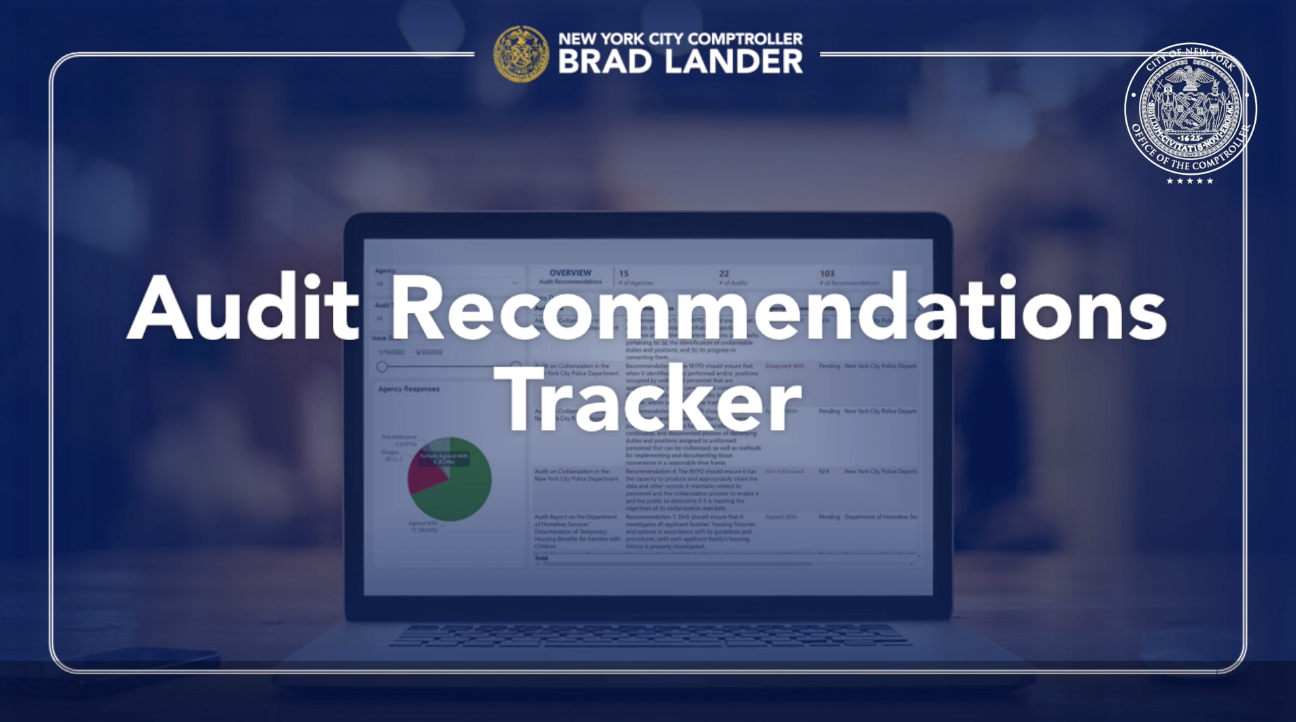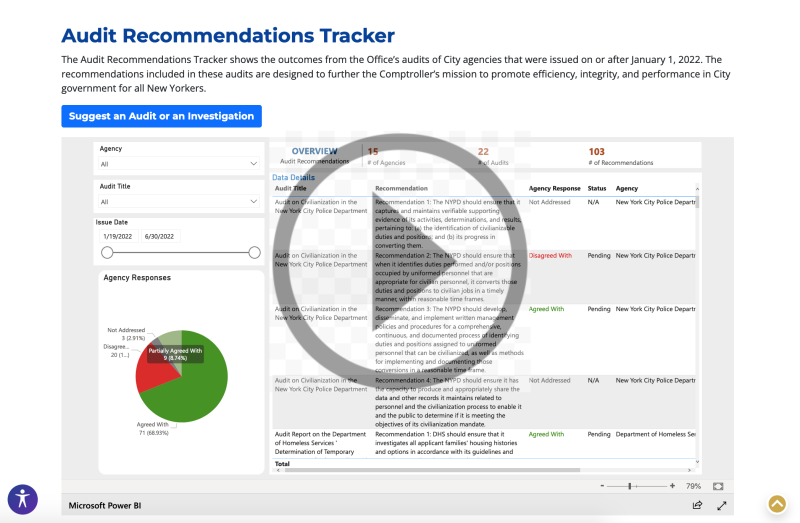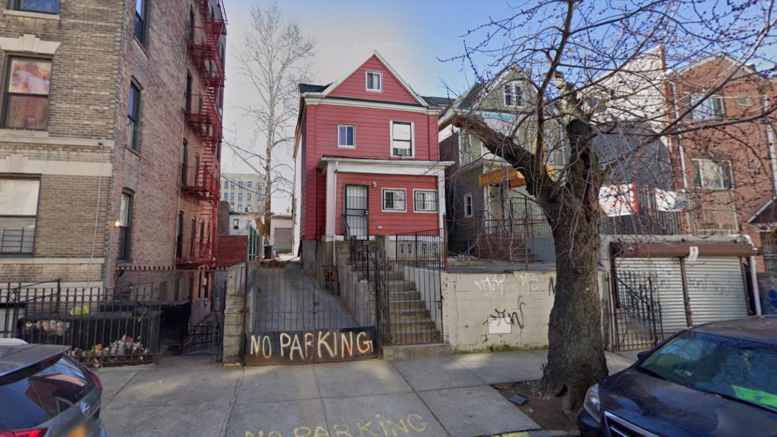New York City Mayor Eric Adams announced the appointments of Mir Bashar, Crystal Price, and Alexandra Silver to his City Hall leadership team. Bashar serves as chief administrative officer and is responsible for the day-to-day finances, budgets, contracts, and general administration of City Hall. Price serves as director of Federal Legislative Affairs and pushes the advancement of the federal priorities for each citywide agency. Silver serves as director of the Mayor’s Office of Animal Welfare and is a dedicated liaison between City Hall and the animal advocacy community, in addition to working to promote a vision for a fairer city for animal welfare.
“As we work to take our city to new heights, we need people who are committed to all New Yorkers and will fight to support and protect their interests,” said Mayor Adams. “I am proud to announce Mir, Crystal, and Alexandra to these key appointments on my team, confirming my administration’s wide breadth of tremendously talented public servants working to ‘Get Stuff Done’ for the people of this city.”
“This administration continues to build a cabinet of diverse and talented New Yorkers who are committed to the people of this city and we are incredibly proud to welcome Mir, Crystal and Alexandra to City Hall,” said Chief of Staff Frank Carone. “With this team, we will ensure that our work will have the best impact that will reflect the needs of all New Yorkers.”
About Mir Bashar
Mir Bashar currently serves as the chief administrative officer in the Office of the Mayor. Bashar has a significant role in the day-to-day finances, budgets, contracts, and general administration of City Hall. He is also responsible for streamlining processes and finding efficiencies while maintaining financial controls.
Prior to his current role, Bashar was the senior director of Budget and Financial Planning in 2015, helping City Hall agency heads strategize to meet their vision and goals. Bashar has also led an impressive career as a public administrator, budget, and procurement professional for 25 years while working in New York City government.
Bashar graduated with a Master of Public Administration focused on Public Administration from Long Island University.
Bashar reports directly to Chief of Staff Frank Carone.
About Crystal Price
Crystal Price currently serves as director of Federal Legislative Affairs. Price manages the advancement of federal priorities for each citywide agency.
Before joining the Adams administration, Price served as a deputy director of Federal Legislative Affairs in the de Blasio administration, overseeing New York City’s arts, entertainment, economic development, health, housing, infrastructure, and transportation portfolios. Price was also critical to procuring millions of dollars in federal grant funding for vital citywide capital repair projects and developing and implementing advocacy strategies to advance and protect the city’s federal response to the COVID-19 pandemic.
Price is a lifelong New Yorker, who received a Bachelor of Arts degree in political science from the University of the District of Columbia.
Price serves on the Intergovernmental Affairs team under Chief of Staff Frank Carone.
About Alexandra Silver
Alexandra Silver currently serves as the director of the Mayor’s Office of Animal Welfare.
Previously, Silver served as a community outreach & engagement manager at Animal Care Centers of NYC (ACC), the city’s animal shelter provider. For 10 years, Silver connected with other organizations, stakeholders, and elected officials, working to raise awareness about how all New Yorkers can make a difference for animals. Her experience there afforded her perspective on the breadth of animal issues in New York City.
Passionate about animal welfare since childhood and a vegan since 2016, she shares her home with cats Lucas and Freddie Mercury, both adopted from ACC’s Manhattan center, as well as the occasional foster animal.
Silver received her Bachelor of Arts degree in comparative literature from Princeton University.
Silver reports directly to Community Affairs Unit Commissioner Fred Kreizman.










